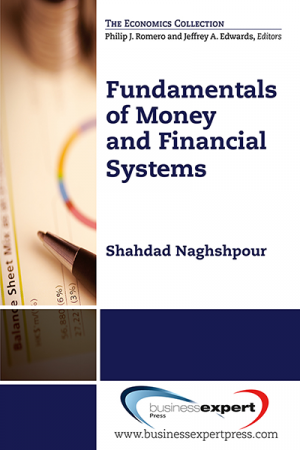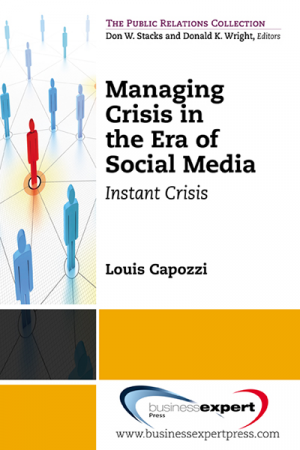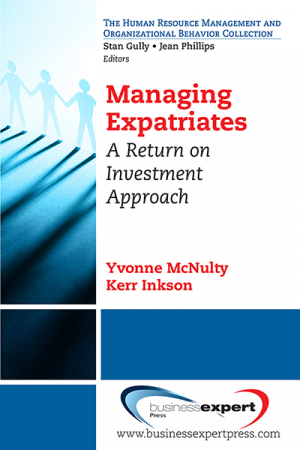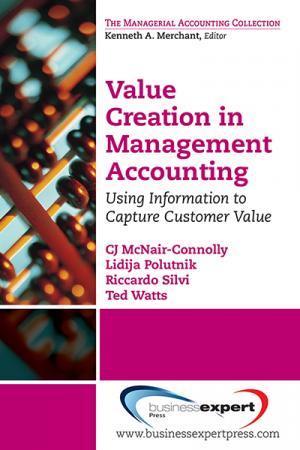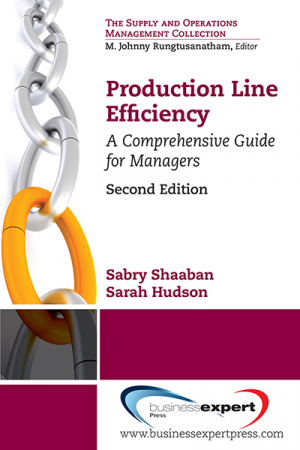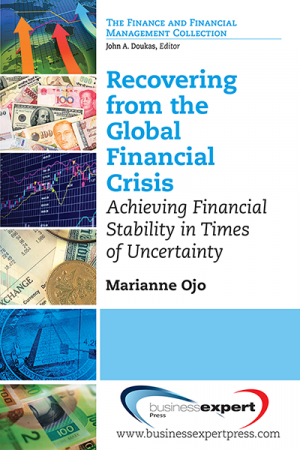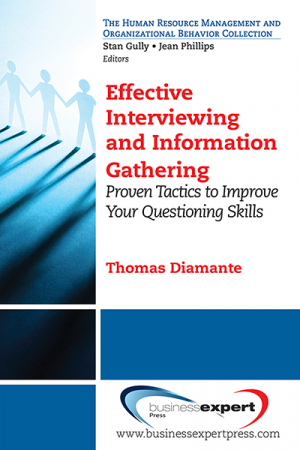Sourcing to Support the Green Initiative
$21.99The ‘green’ or environmental sustainability movement has taken hold throughout the world. Its staying power is confirmed by that fact that environmental emphasis in organizations did not decrease during the recent global recession, but rather increased. However, since most organizations rely heavily on their supply base for providing components, materials, and services that become part of their final products, organizations must revisit their sourcing processes and choices to have a real impact on the environment. This book begins with an introduction to the idea of sustainability and to the concept of what it means to source to support an organization’s green initiatives, and why this is important from a holistic, lifecycle perspective. The initial chapters will also provide a point of view of how green sourcing fits into the organization’s entire portfolio of sustainability initiatives. Examples of industries and associations that lead the way in green sourcing will be presented. In addition, best practices in green sourcing will be discussed. The book also provides a perspective on how organizations can encourage and support their suppliers in pursuing green initiatives, and what types of initiatives provide a good starting point.



